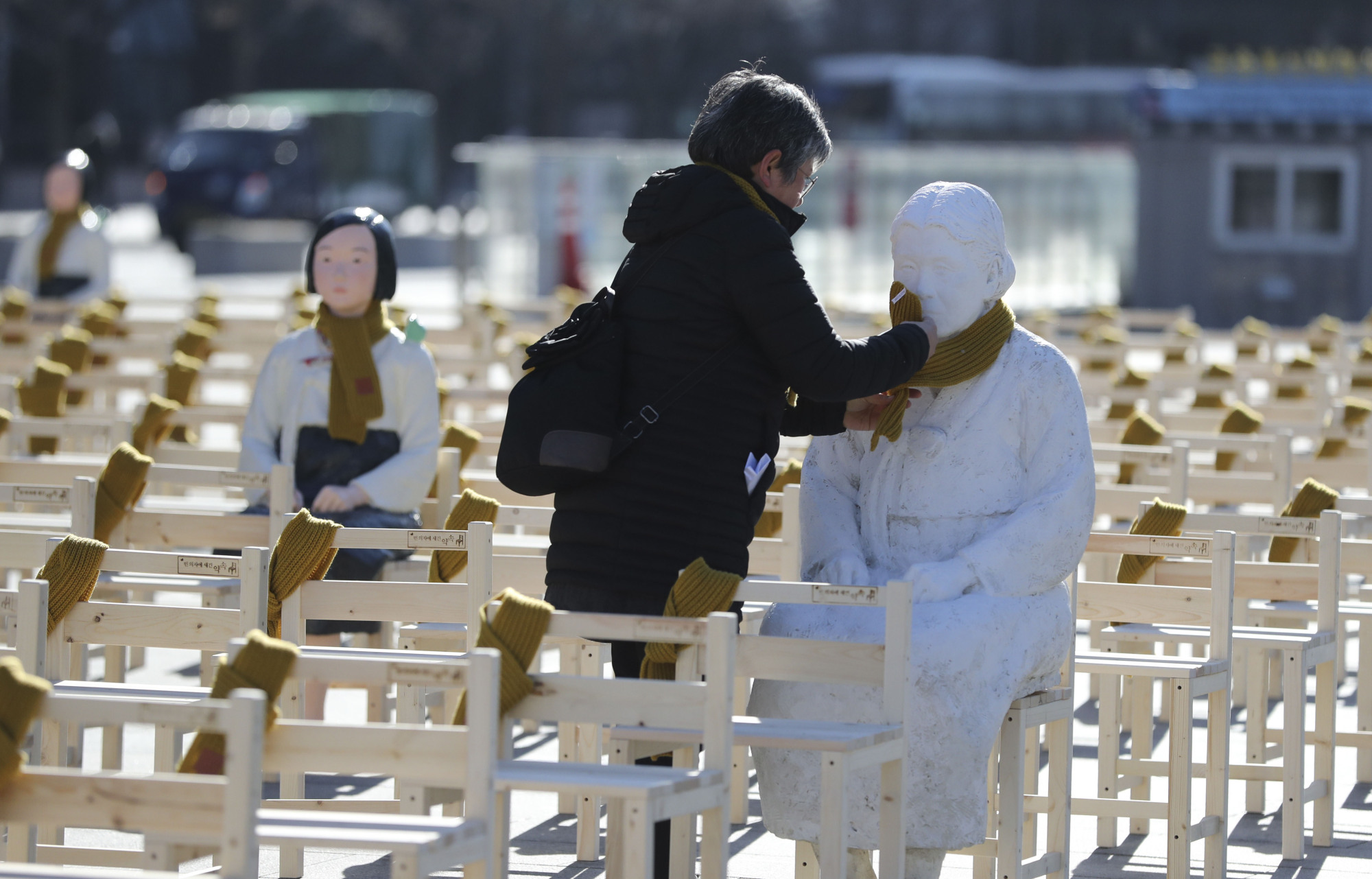In 2015, a bilateral agreement negotiated by the foreign ministries and leaders of Japan and South Korea resolved to "finally and irreversibly" bring the long-standing "comfort women" issue to an end. Met with widespread international acclaim by nations including the United States, the United Kingdom and Germany, the agreement had three key pillars. First, Japan would sincerely apologize for its wartime conduct relating to the comfort women. Second, Japan would pay ¥1 billion to a foundation to be established by South Korea to benefit former comfort women. And third, South Korea would strive to resolve the issue of a comfort women statue erected in front of the Japanese Embassy in Seoul.
While Japan has fulfilled its obligations under the first two pillars, with Prime Minister Shinzo Abe apologizing and the promised Japanese funds having been paid, South Korea has done little or nothing to address Japan's concerns in terms of the embassy statue in Seoul. Furthermore, a year after the signing of the agreement, an additional statue was installed in front of the Japanese Consulate in Busan. Both statues are now the focus of regular anti-Japanese demonstrations and, thereby, constitute clear violations of Article 22 of the 1961 Vienna Convention, which obligates a host country to protect a foreign diplomatic mission against any "disturbance of the peace" or "impairment of its dignity."
Shortly after South Korean President Moon Jae-in took office, he cast doubts on the 2015 agreement as representing something that "the people cannot emotionally accept." And on Dec. 27, Moon further criticized the accord as a "political agreement that excludes victims and the public" that "cannot solve the comfort women issue." Moon further contends that the accord violates general principles in international society.



















With your current subscription plan you can comment on stories. However, before writing your first comment, please create a display name in the Profile section of your subscriber account page.